Why Australia is richer than New Zealand
A lot of discussion has been generated in the blogosphere (and in real life) regarding the National Party's recent bout of snivelling about how NZ isn't doing as well as Australia economically. If Don Brash is fixated on staring at the other guy's dick and wondering why he's falling short he should keep it to himself. I'm sick of it.
You want to know why Australia has the miraculous ability to have a higher GDP per head than us? You want to know why they have more money than us? You want to know why - despite the unions, the higher taxes, the regulatory red tape, the layers of bureauracy, the routine early retirement - why Australia is wealthier than us? - It's pretty basic: they dig shit out of the ground that they forcibly expelled the native population (which dies on average 20 years before the colonists) from and sell it to other countries. Understand now? Or do I have to drag out the facts? This is from the horses mouth:
AND INNOVATION COUNCIL
EXECUTIVE SUMMARY
The value of the minerals industry is etched in Australian history and identity, and has helped Australia achieve its position as the sixth wealthiest nation, per capita. The benefits of the minerals industry to the Australian community extend far beyond export profits. [...]
Australia’s largest export earner is the minerals industry. It -
• contributed $43.8 billion in mineral and energy exports to Australia’s economy in 1999–2000, accounting for 44.9% of Australia’s total merchandise exports or 34.8% of total goods and services,
• contributed $1.9 billion (as a conservative estimate) in high-technology exports in mining services in 1999–2000, which is more than Australia’s current wine industry exports,
• was among the top three producers of ten of the world’s most valued minerals in 1999
• dwarfed all other sectors in terms of value added per worker-for example, it was more than four times the national average to national income or gross product in 1995–964, and
• accounted for 19% of the value of Australia’s fixed assets and natural capital in 1998.
[...]
Over the past 20 years the resource sector has contributed around $500 billion to Australia’s wealth⎯almost 1.5 times the earnings of the agricultural sector over the same period.
[...]
In 1999-2000, total payments to government from mining were $4.75 billion, consisting of $3.52 billion in taxes and royalties and $1.23 billion in transport levies.
[...]
1999
#1 Producer/#2 Producer/#3 Producer
Bauxite: AUSTRALIA/Guinea/Brazil
Diamond: AUSTRALIA/Russia/Botswana
Gold: South Africa/USA/AUSTRALIA
Iron Ore: China/Brazil/AUSTRALIA
Lithium: Chile/China/AUSTRALIA
Mineral Sands: AUSTRALIA/South Africa/Canada
Nickel: Russia/Canada/AUSTRALIA
Tantalum: AUSTRALIA/Brazil/Canada
Lead: AUSTRALIA/China/USA
Zinc: China/AUSTRALIA/Canada
They don't call it "the lucky country" for nothing. The line in their anthem about "wealth for toil" is relative - there certainly isn't anything in there about having to have a knowledge economy to succeed in the world - just grab your shovel, cobber! A graph in the link shows in 1980 the export value of minerals and agriculture were equal. In 2000 minerals are almost twice that of agriculture. Does this help to explain why they have done supposedly so well compared with us over the last 25 years?
The real question - given their demonstrably and proportionately vast mineral wealth - should be why are they still after a hundred years of massive extractive industrial growth only slightly ahead of us economically? The only really shrewd thing that I can see they have bought with all that wealth - is us!

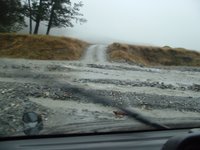
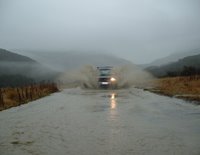
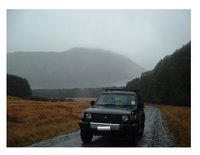
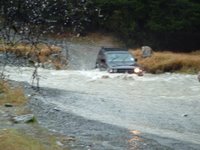
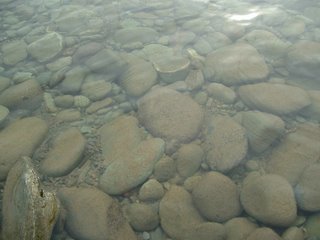

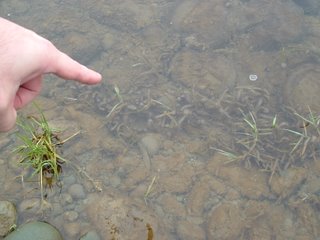
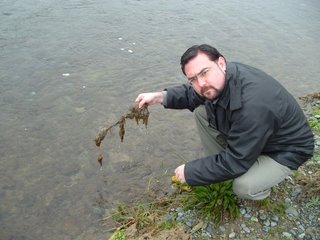



 The parallels with discrimination, misuse of state power and contemporary political discourse are very strong and does a great deal to elevate the storyline above the gargantuan fight scenes, full orchestral love matches and - at times - almost laughable scenarios: especially Kelsey Grammar as blue Secretary for Mutant Affairs. It took a while to overcome the absurdity of it all for this reviewer not acquainted with the earlier two movies. But, for all the teeth, claws and special effects this sci-fi action flick was actually quite enjoyable. The later spectacular assault on Alcatraz Island, where the "cure" is being manufactured in the name of "freedom" definitely trumps the earlier scenes beset with someone with a power to make all the objects in a nearby vicinity float around - tedious compared with what is to come.
The parallels with discrimination, misuse of state power and contemporary political discourse are very strong and does a great deal to elevate the storyline above the gargantuan fight scenes, full orchestral love matches and - at times - almost laughable scenarios: especially Kelsey Grammar as blue Secretary for Mutant Affairs. It took a while to overcome the absurdity of it all for this reviewer not acquainted with the earlier two movies. But, for all the teeth, claws and special effects this sci-fi action flick was actually quite enjoyable. The later spectacular assault on Alcatraz Island, where the "cure" is being manufactured in the name of "freedom" definitely trumps the earlier scenes beset with someone with a power to make all the objects in a nearby vicinity float around - tedious compared with what is to come.

















